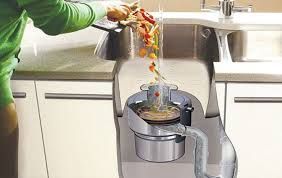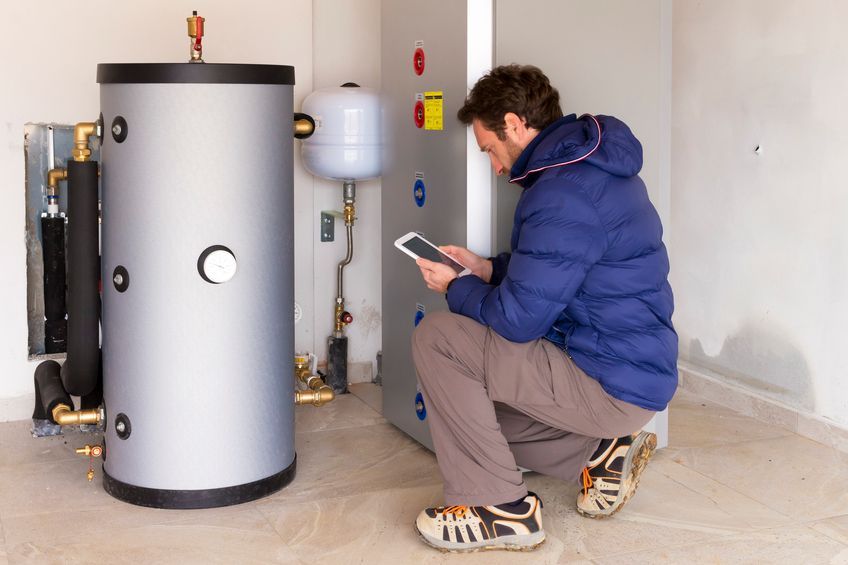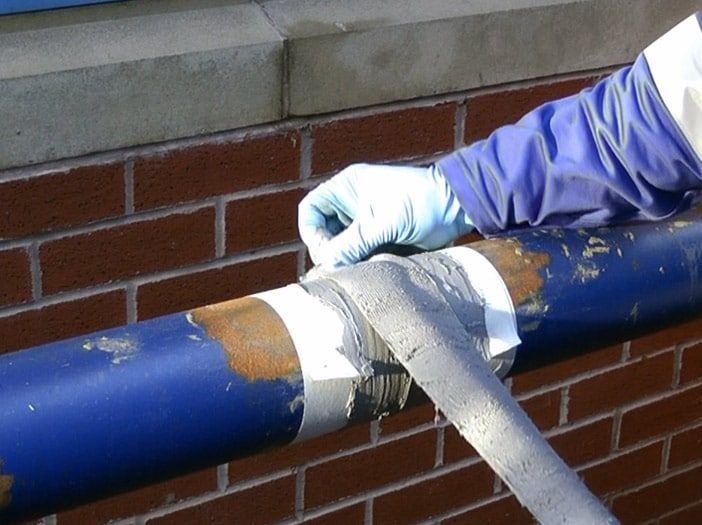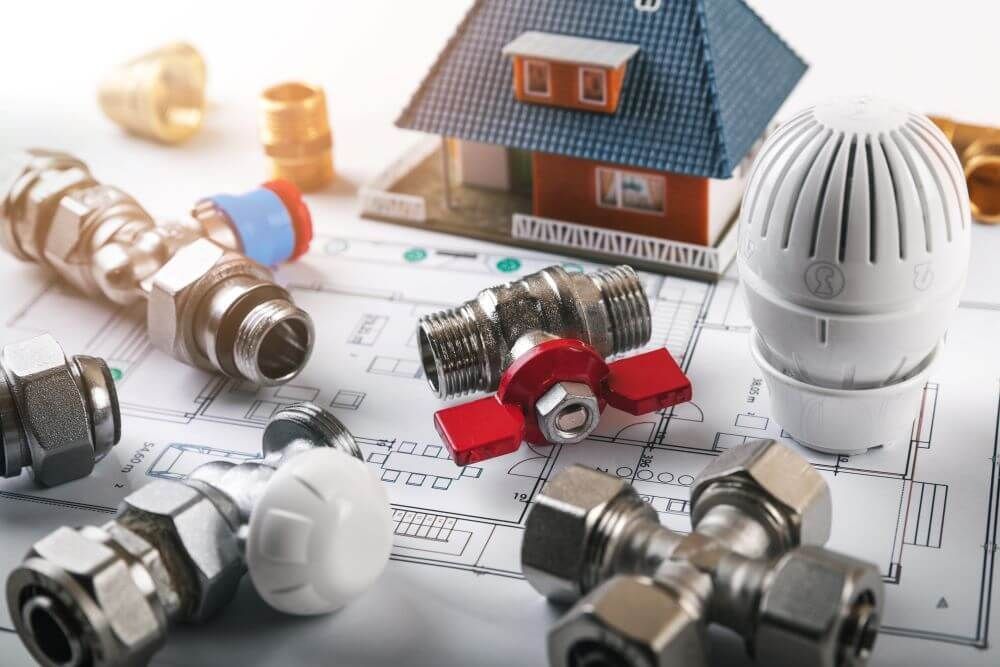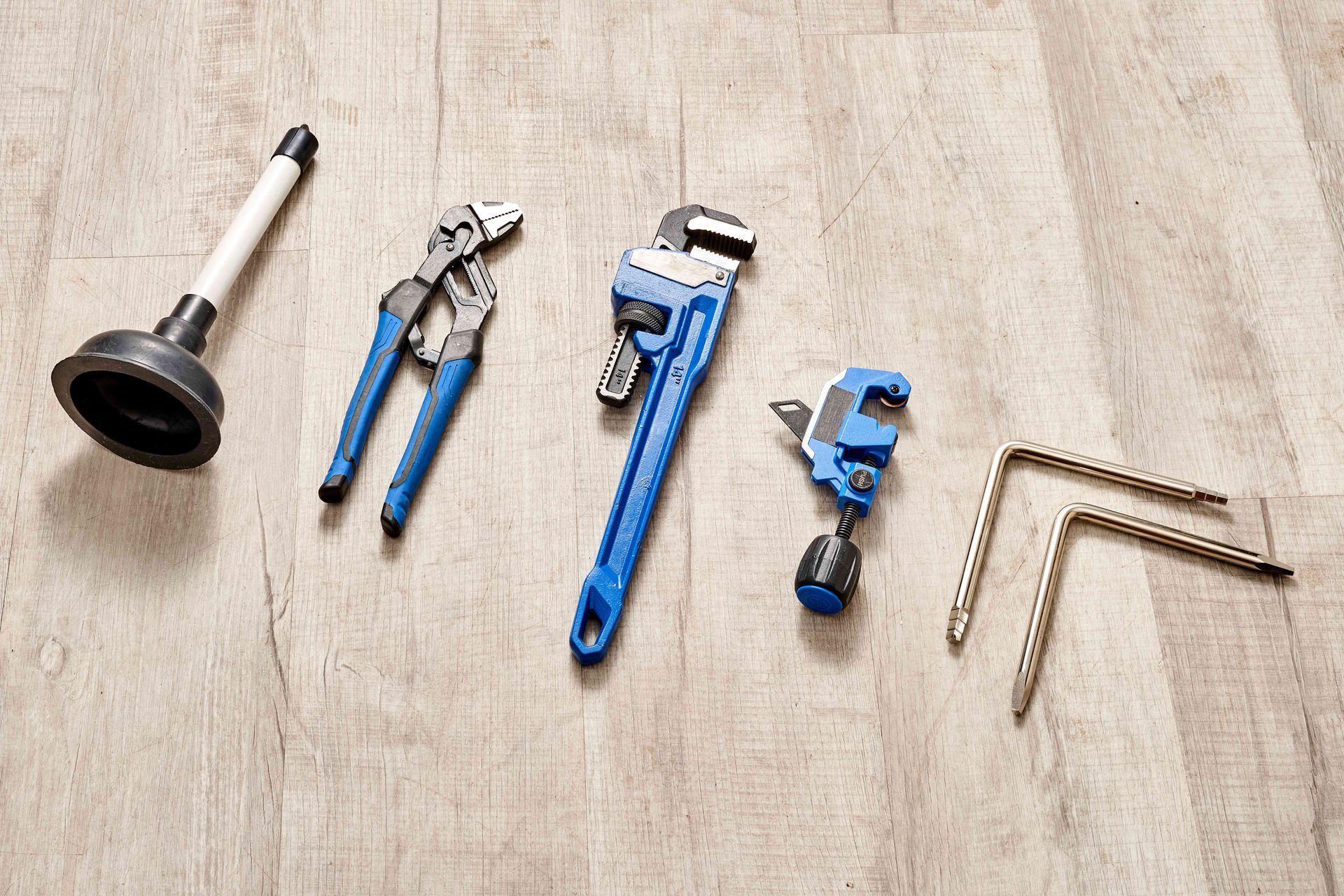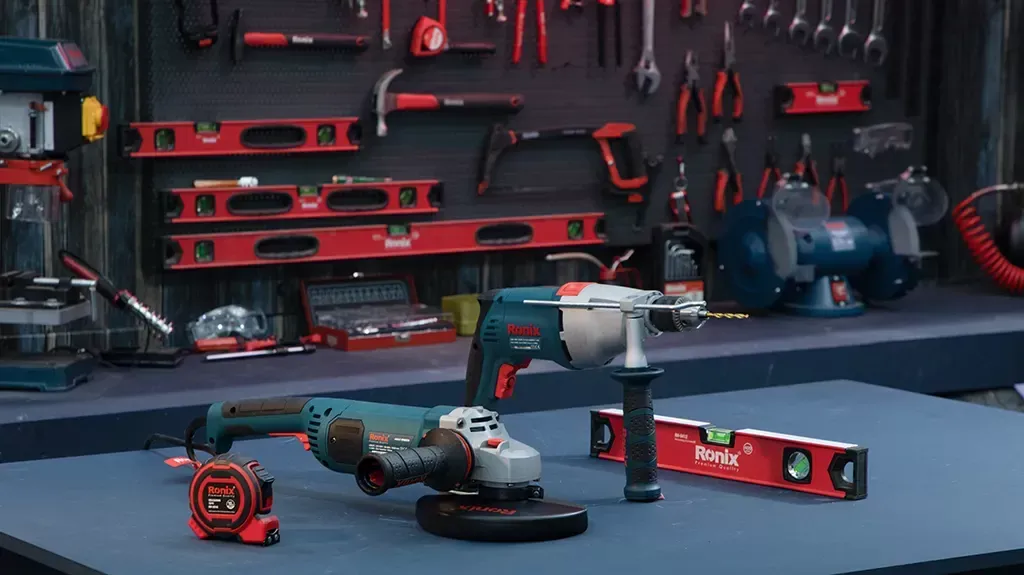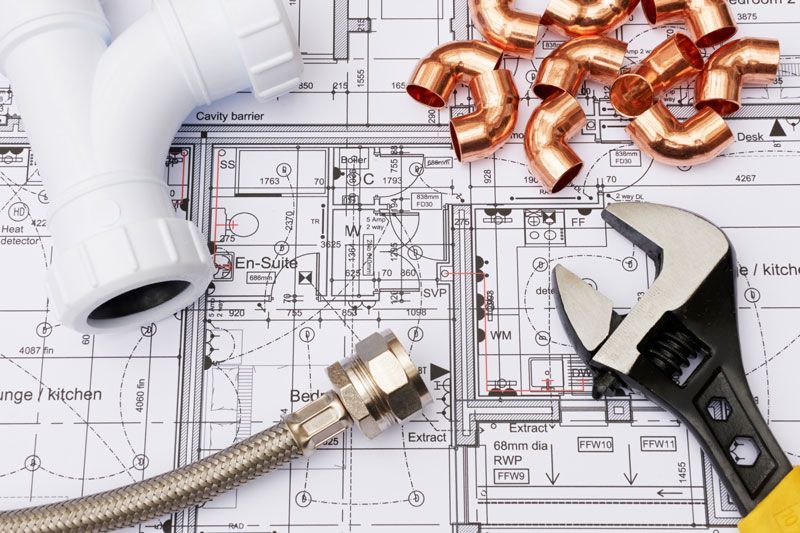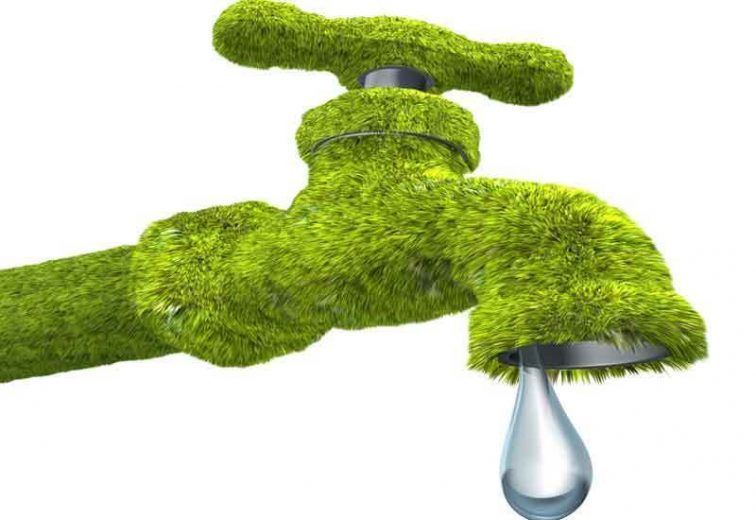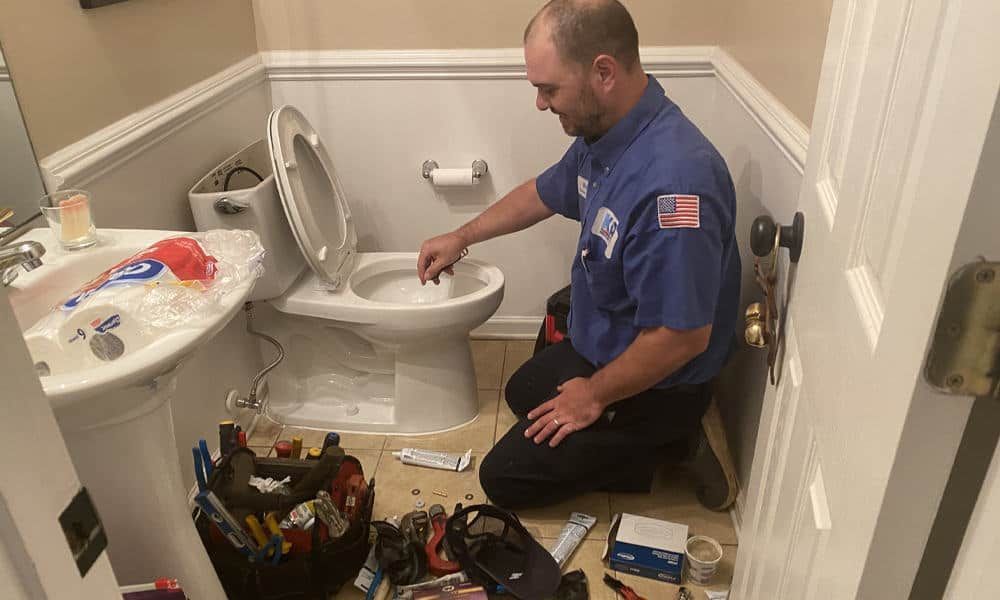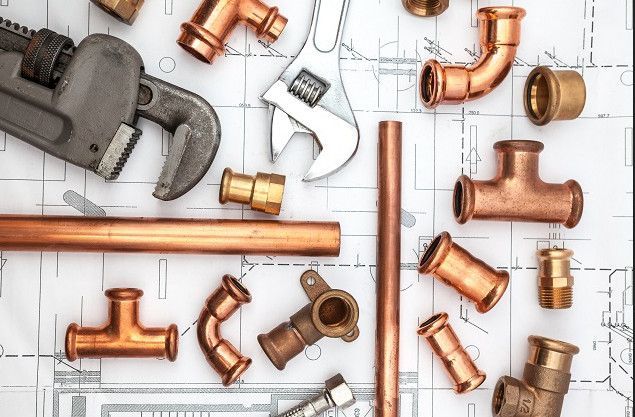How Long Will It Take My Water Heater To Heat Up?
How Long Will It Take My Water Heater To Heat Up?

Gas Water Heater
A gas tank water heater is more efficient and heats water faster than an electric one. They burn natural gas as fuel and use large burners on the bottom of the tank to heat the water in the tank. How quickly a gas tank heater can get hot is determined by the temperature it’s set to and the amount of cold water it has to warm. Here are some typical values:
- 40-gallon gas water heater: 30-40 minutes
- 50-gallon gas water heater: 40-50 minutes
- 80-gallon gas water heater: 60-70 minutes
A gas hot water heater with an internal diameter of 36 inches can hold up to 90 gallons of hot water. It will take a unit with a capacity between 40 and 50 gallons, about 30 to 50 minutes to warm up. A bigger tank size – 80-gallon gas water heater will take 60 to 70 minutes to heat up. This is only an estimate and will vary depending on age and model.
Electric Water Heaters
Unlike gas water heaters, electric water heaters take longer to warm up. The water in these devices is heated by submerged electrical heating elements within the tank. They take roughly twice as long to get hot. The time it takes is determined by several factors, including the wattage of the heating element and the temperature set for the water heater. Here are some typical times:
- 40-gallon electric water heater: 60-80 minutes
- 50-gallon electric water heater: 145-150 minutes
- 80-gallon electric water heater: 120-130 minutes
It will take approximately one hour to an hour and 20 minutes for a 40-gallon, 5500-watt electric hot water heater set to 120 degrees to heat up. A 50-gallon electric heater will take around an hour and 45 minutes to an hour and 50 minutes to reach the desired temperature. It will take around 2 hours for a large, 80-gallon electric tank water heater to come up to temperature.
Tankless Heater
Tank water heaters, sometimes called demand-type or instantaneous water heaters, only deliver hot water when required. As a result, they don’t have the standby energy losses that storage water heaters do so you may save money.
Tank water heaters generally deliver hot water at a rate of 2–5 s (7.6–15.2 litres) per minute. Gas-powered tank water heaters have more excellent flow rates than electric ones. However, even the biggest, gas-fired version may not be able to meet the demands of a large home during simultaneous, multiple uses.
For example, if you take a shower and run the dishwasher simultaneously, your tankless water heater will be pushed to its limits. To overcome this problem, install two or more tank water heaters. You may also add separate tank water heaters for appliances that use a lot of hot water in your house, such as a washing machine or a dishwasher. However, extra water heaters will cost more and may not be worth it in terms of value.
Do Tankless Water Heaters Take Longer To Heat Up?
Tankless water heaters use more water than tank-type water heaters. If you have a tankless water heater, you already know that getting hot water with one takes longer than a traditional storage tank model. Tankless water heaters usually take 10 to 20 seconds to reach the desired temperature. However, you have a greener option available to you!
You are running water down the drain while you wait for the hot water to arrive. What a waste it is to lose water to save energy. However, there is something you can do about it. The cold water enters the heat exchanger with a tank heater. This water might be pretty chilly if you reside in a colder region. It may take some time for the liquid to warm up. Because the water is flowing through the part as it warms up, the initial water that comes into your home is cold water from the pipes and then lukewarm water that passes through the component before it gets hot enough.
Solar Heater
Solar water heaters, sometimes known as solar domestic hot water systems, are cost-effective for generating hot water for your home. They can be used in any weather and require no fuel.
Factors That Affect Water Heating Time
Let’s consider the factors that affect water heating time.
First-Hour Delivery Rate
Water heaters are rated with a first-hour delivery (FHD) rating. The FHD indicates how many gallons of hot water the heater can supply in an hour once it heats up. GPH is used to express FHD rates (GPH). A high FHD rate means you’ll have more hot water sooner compared to a unit with a lower FHD rate. For a 50-gallon unit, 60 to 80 GPH is ideal.
Recovery Rate
The water heater recovery time is how many gallons of hot water the device can provide each hour while in use. It informs you how quickly the it can refill (recover) cold water and warm it up. A unit with a high recovery rate will heat your cold water faster since it takes less time. Even if you’re using a lot of hot water at once, a high-recovery model will be able to heat the initial chilly water quickly.
Power Source
A water heater’s power source (gas or electricity) significantly influences how quickly it heats the water. An electric water heater is notorious for taking longer to warm water. This is because electrical heating elements are less efficient than gas burners.
A 50-gallon gas water heater might have an FHD rate of 80 to 90 GPH, but a 50-gallon electric water heater has an FHD rate of around 58 to 66 GPH. So while you may wait up to 30 minutes for an average gas tank to heat all the water in the tank, an electric version will need twice as long.




